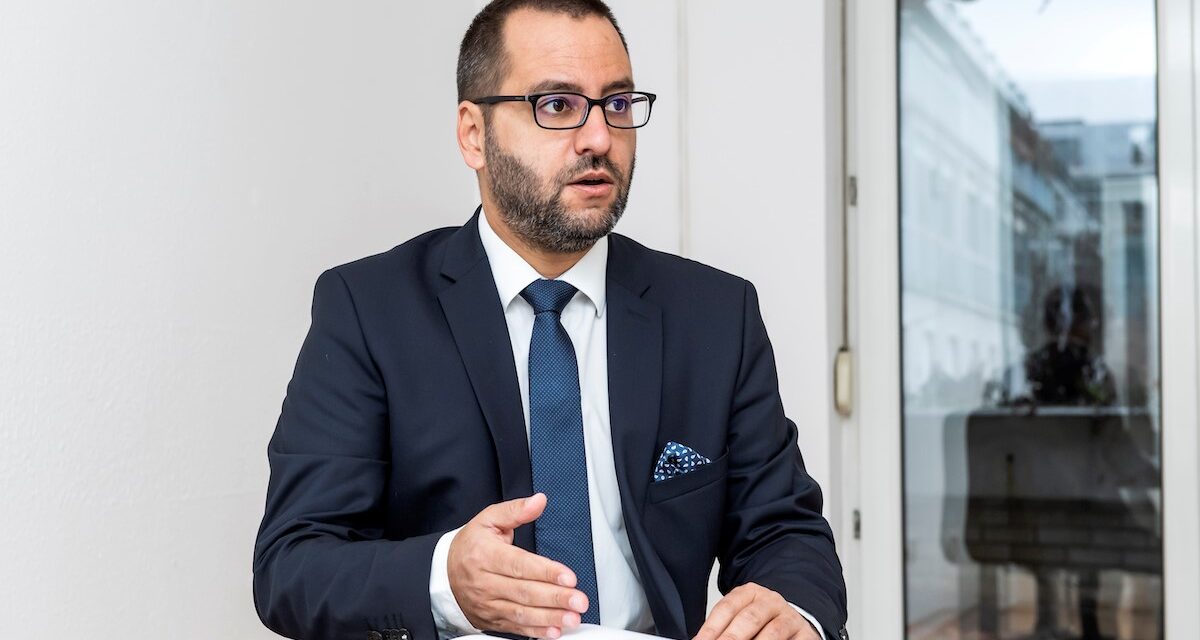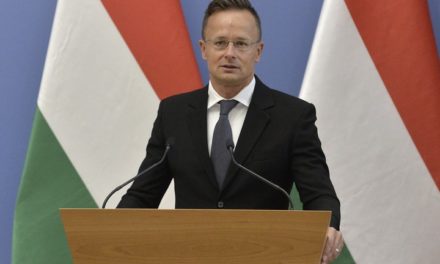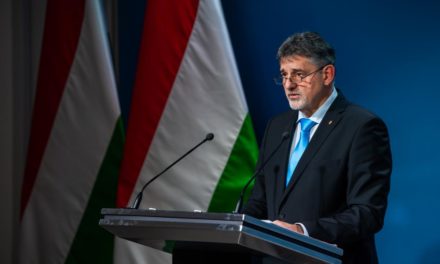In legal terms, the establishment of the Office for the Protection of Sovereignty, which was established on February 1st, is currently underway, and the construction of the office will be completed by June-July.
Treason is both a moral and legal concept, as well as a criminal law category, and these are often confused in common language, said Tamás Lánczi, head of the Sovereignty Protection Office, in Kossuth radio's Sunday newspaper program. According to him, the problem is caused by the fact that "we don't know what the content of this criminal law category is, because the legislator is very narrow-minded", and the category itself was never tested after the regime change.
For this reason, it is impossible to know exactly what the judges, lawyers, and prosecutors think about this, how they interpret the paragraphs according to which the Hungarian citizen commits the crime,
"who establishes or maintains contact with a foreign government or foreign organization for the purpose of violating the independence, territorial integrity or constitutional order of Hungary"
he noted.
He put it like this, a society has "a kind of orientation", which, according to him, he feels good about
"those who consistently work to deprive Hungary of the EU subsidies it is rightfully entitled to, those people still commit some kind of norm violation".
According to Tamás Lánczi, however, it cannot be said that if someone were to initiate proceedings on this basis, file a complaint, then this would also be subject to such a judgment under criminal law, would the person be convicted. That is why the issue of treason should be clarified, since - as he said - its wording is flawed, "twentieth century".
The world has changed a lot, and today the challenges affecting Hungary and the country's sovereignty have become very "nuanced and sophisticated" and there are many legal institutions and acts with which the real,
"Intentions harmful to Hungary can be hidden and denied"
he added.
He emphasized that, for this reason, this factual situation should be reviewed and updated, and it would be worthwhile to have a dialogue about what we mean by the concept of treason today.
In response to the opinion of the Venice Commission, which among other things objected to the existence of the Office for the Protection of Sovereignty, Tamás Lánczi said that he discussed with representatives of the committee visiting Hungary, to whom he told how the office would be built, that it is not an authority, so it has no punitive powers and cannot impose sanctions.
It was created because of what the Venice Commission also stated in a decision years ago, that "Hungary's sovereignty and constitutional identity must be protected, and the elections must be protected from foreign influence," he pointed out.
Tamás Lánczi explained that in the office, in which they want to deepen the democratic dialogue, analyses, investigations and investigations are prepared, and the results of the investigations are published in a report.
He noted that, in the next period, the European Parliament and local government elections will be closely watched,
"reading from how in 2022 and before that they tried to influence the Hungarian election with billions of forints from abroad in a hidden way, skilfully and defrauding the Hungarian party financing rules".
He said that the office has the right to freely obtain information for mapping, and can request data from state bodies, private individuals and private organizations for investigation and analysis.
He added that, based on this, they can make findings, which will be brought to the attention of those concerned, who can make comments, and the office will then make its report public, he added.
He emphasized that he thinks
"if someone is afraid of this or thinks that it poses a threat to democracy, then he does not understand the essence of democracy".
According to the head of the office, the Venice Commission applies a double standard, since the body reports, establishes and declares about a state administrative body of Hungary, but at the same time wants to withdraw this right from the same body.
Tamás Lánczi said that they are trying to dispute Hungary's sovereignty, to cast doubt on the right to freely establish institutions, and even to outright ban the office.
He emphasized that they did not ask for a grace period and that they are still working. They are also "on it" during the elections, in connection with which they sent a call to the relevant state bodies, which are the "sensitive points" that must be paid special attention to during the campaign in order to prevent abuses similar to those before the 2022 elections - stressed Tamás Lánczi.
MTI
Featured image source: Democrat













